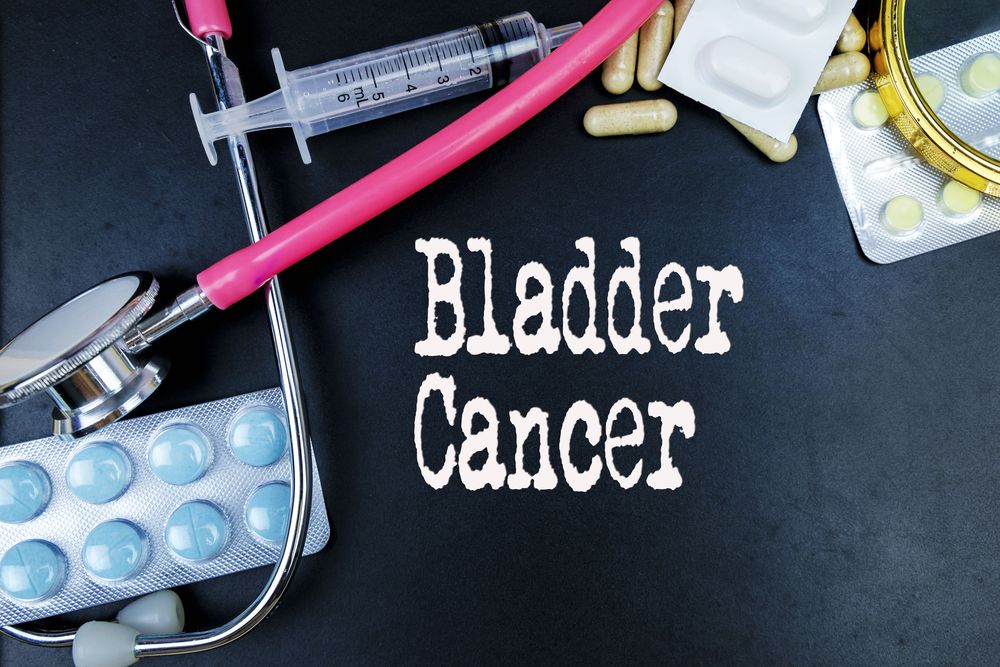Early Signs Of Bladder Cancer: The Silent Symptoms You Shouldn't Ignore!
Bladder cancer a condition often shrouded in silence can manifest through subtle symptoms that are easy to overlook. Understanding these early signs is crucial for timely detection and treatment. In this comprehensive guide we delve into the silent symptoms of bladder cancer helping you stay informed and proactive about your health.
1. Unusual Changes in Urinary Habits
- Persistent Urinary Tract Infections (UTIs): Recurrent UTIs can sometimes be a red flag. If you find yourself battling frequent infections despite treatment it’s worth discussing the possibility of bladder cancer with your healthcare provider.
- Pain or Burning During Urination: While this symptom is commonly associated with UTIs persistent pain or burning sensation during urination without infection should be evaluated further.
2. Blood in the Urine: One of the most noticeable early signs of bladder cancer is the presence of blood in the urine (hematuria). This can range from a faint pink hue to a deep red color. It's crucial not to ignore this symptom even if it comes and goes.
3. Changes in Urine Color and Clarity: Apart from blood any change in the color or clarity of your urine such as dark-colored or cloudy urine warrants medical attention.
4. Frequent Urination and Urgency: An increased need to urinate more often than usual coupled with a sudden strong urge to urinate can be early indicators of bladder cancer.
5. Unexplained Pain or Discomfort
- Pain in the Lower Back or Pelvis: Persistent pain or discomfort in the lower back or pelvic area without any apparent cause might be a symptom to discuss with a healthcare professional.
6. Unintentional Weight Loss and Appetite Changes: Unexpected weight loss and changes in appetite especially when combined with other symptoms can be early signs of various cancers including bladder cancer.
7. Fatigue and General Weakness: Feeling unusually tired or weak without a clear reason could be a subtle sign of something more serious such as bladder cancer.
8. Swelling in the Feet: While it may seem unrelated swelling in the feet can sometimes be associated with bladder cancer due to lymphatic or circulatory system blockages.
Understanding The Causes
What Causes Bladder Cancer?
Several factors can increase the risk of bladder cancer including smoking exposure to certain chemicals chronic bladder inflammation and family history. Understanding these risk factors can help you stay vigilant.
How to Check for Bladder Cancer?
If you suspect any symptoms of bladder cancer consult a healthcare professional. Diagnostic tests may include urine analysis cystoscopy and imaging tests like ultrasounds or CT scans.
What Are The Early Signs You Need To Know About Bladder Cancer?
Understanding the early signs of bladder cancer is critical for timely intervention and effective treatment. Here's an expanded look at the key symptoms to be aware of:
1. Blood in the Urine (Hematuria)
- Intermittent Hematuria: Blood in the urine may not be consistent; it can come and go which often leads to it being overlooked.
- Microscopic Hematuria: In some cases blood in the urine is not visible to the naked eye and can only be detected through a urine test.
2. Changes in Urinary Habits
- Increased Frequency: Needing to urinate more often than usual even without an increase in fluid intake.
- Nocturia: Increased frequency of urination during the night.
- Urinary Retention: Difficulty in emptying the bladder completely.
3. Pain or Discomfort
- Dysuria: Pain or burning during urination which is often mistaken for a urinary tract infection.
- Lower Abdominal Pain: Discomfort or pain in the lower abdominal area or around the bladder.
4. Physical Changes and Discomfort
- Pelvic Pain: Persistent or intermittent pain in the pelvic region which might be dull or sharp.
- Back Pain: Lower back pain especially if it's one-sided can be a sign particularly when not associated with physical strain.
5. Systemic Symptoms
- Unexplained Weight Loss: Losing weight without a change in diet or exercise routine.
- Appetite Loss: A decrease in appetite or a change in eating habits without a known cause.
- Fatigue: Persistent tiredness or a general feeling of being unwell which doesn't improve with rest.
6. Swelling and Fluid Retention
- Swollen Feet or Lower Extremities: Swelling in the feet or legs which could indicate fluid retention associated with cancer.
7. Anemia and Related Symptoms
- Anemia: Due to chronic blood loss some individuals may develop anemia presenting symptoms like paleness dizziness or shortness of breath.
8. Urinary Tract Infections
- Recurrent Infections: Frequent urinary tract infections which don't resolve with standard treatments can be a sign of underlying issues like bladder cancer.
Conclusion
Being aware of the early signs of bladder cancer is vital for early detection and effective treatment. While some symptoms may seem insignificant or unrelated they should not be ignored. Regular check-ups and paying attention to your body’s signals are key steps in maintaining good health. Remember early detection can make a significant difference in the management and outcome of bladder cancer. Stay informed stay vigilant and always consult a healthcare professional if you have concerns about your health.







